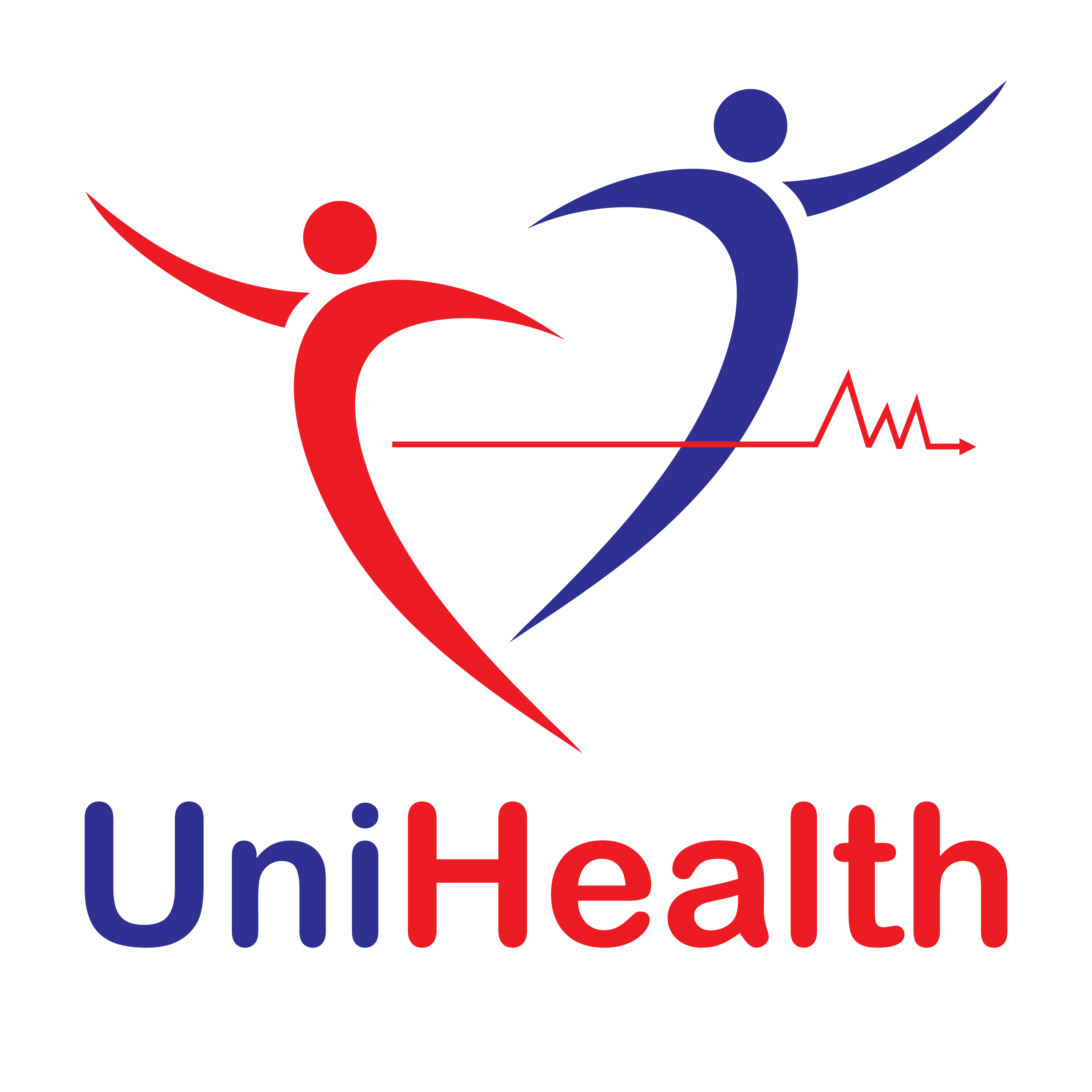Ovarian Hyperstimulation Syndrome (OHSS) is a condition that can occur in women undergoing fertility treatments like in-vitro fertilization (IVF). It happens when the ovaries respond excessively to hormonal medications, leading to swelling, fluid retention, and discomfort.
While mild cases may cause bloating and abdominal pain, severe OHSS can result in serious complications, such as dehydration and difficulty breathing.
At UMC Zhahir Hospital, our expert fertility specialists provide personalized IVF treatments that help prevent and manage OHSS, ensuring a safe and successful journey to parenthood.
What Causes OHSS?
OHSS is primarily triggered by the hormonal medications used in fertility treatments, especially those that stimulate the ovaries to produce multiple eggs. The human chorionic gonadotropin (hCG) hormone, often used in IVF to trigger ovulation, can lead to excessive fluid leakage from blood vessels into the abdomen, causing swelling and discomfort.
Factors that increase the risk of OHSS include:
✔ High ovarian sensitivity to fertility drugs
✔ Polycystic Ovary Syndrome (PCOS)
✔ High estrogen levels
✔ Young age and low body weight
✔ Previous episodes of OHSS
Signs and Symptoms of OHSS
Mild OHSS symptoms include:
🔹 Abdominal bloating and discomfort
🔹 Mild nausea and vomiting
🔹 Sudden weight gain
Severe OHSS requires urgent medical attention and includes:
🔹 Severe abdominal pain
🔹 Shortness of breath
🔹 Rapid weight gain
🔹 Decreased urination
🔹 Blood clot risks
At UMC Zhahir Hospital, our fertility specialists closely monitor patients undergoing IVF to prevent and manage OHSS effectively.
How IVF Helps in Managing OHSS
IVF remains one of the most effective fertility treatments for women struggling to conceive. The good news is that advancements in reproductive medicine have made it possible to significantly reduce the risk of OHSS during IVF. Here’s how:
1. Personalized Medication Plans
Our fertility experts carefully tailor hormone dosages to each patient’s specific needs, ensuring controlled ovarian stimulation while minimizing OHSS risk.
2. Alternative Triggers for Ovulation
Instead of using hCG (which can trigger OHSS), we may use gonadotropin-releasing hormone (GnRH) agonists, which reduce the chances of OHSS while maintaining high success rates in IVF.
3. Freeze-All Strategy
In cases where the risk of OHSS is high, we freeze all embryos and delay the embryo transfer to a later cycle when the patient’s body has fully recovered. This approach significantly improves safety and success rates.
4. Regular Monitoring
We conduct frequent ultrasounds and blood tests during IVF treatment to monitor ovarian response and make necessary adjustments to prevent OHSS.
Safe and Effective Fertility Treatment at UMC Zhahir Hospital
At UMC Zhahir Hospital, we believe in safe, advanced, and patient-centered fertility care. Our expert IVF team ensures that women undergoing fertility treatments receive the highest level of personalized care and monitoring to minimize risks and maximize success.
If you're considering IVF or have concerns about OHSS, our specialists are here to guide you every step of the way.
🌟 Book a consultation today and take the next step towards parenthood!
📍 UMC Zhahir Hospital – Your Partner in Fertility Care


